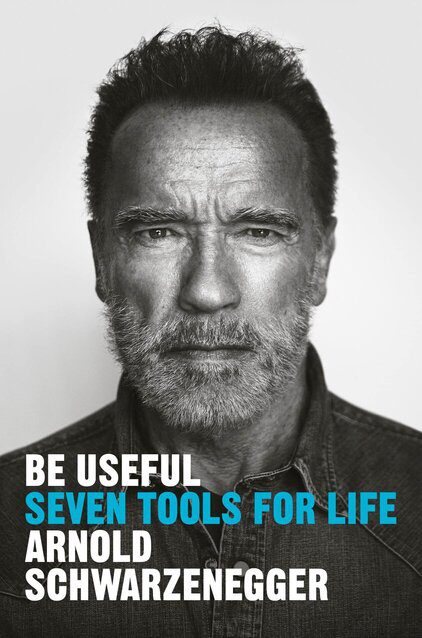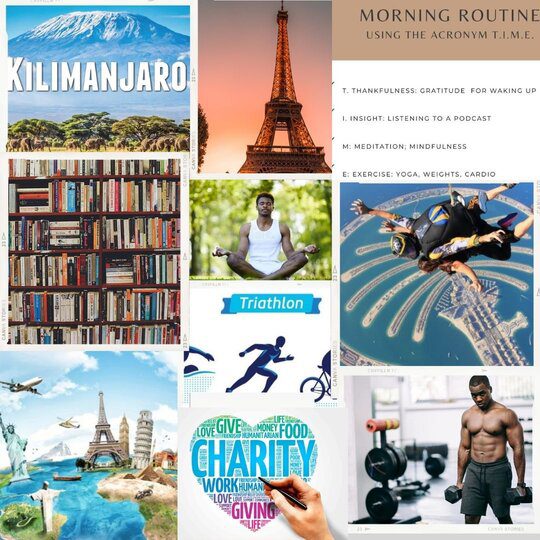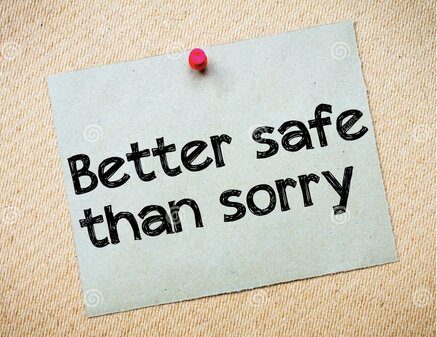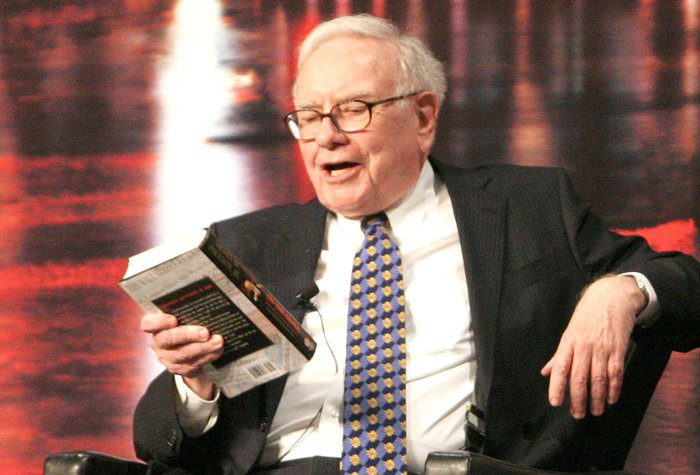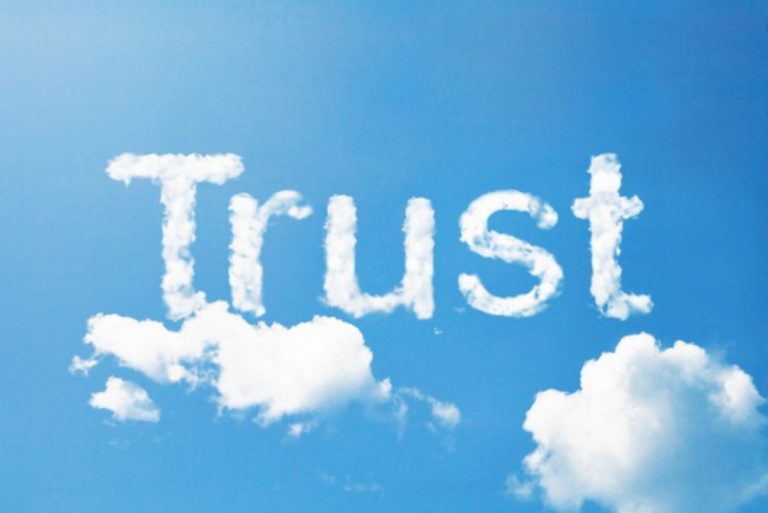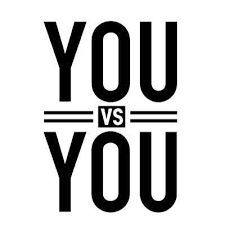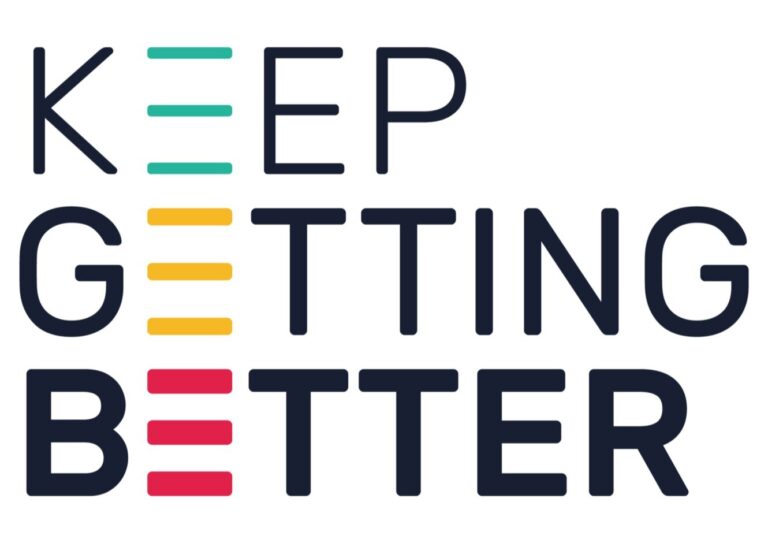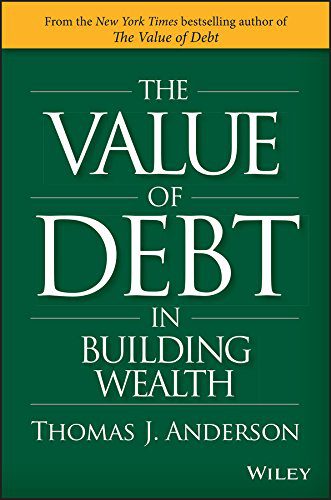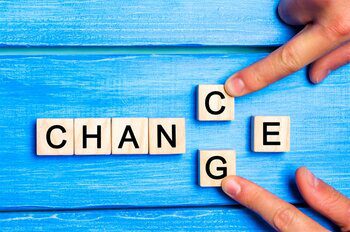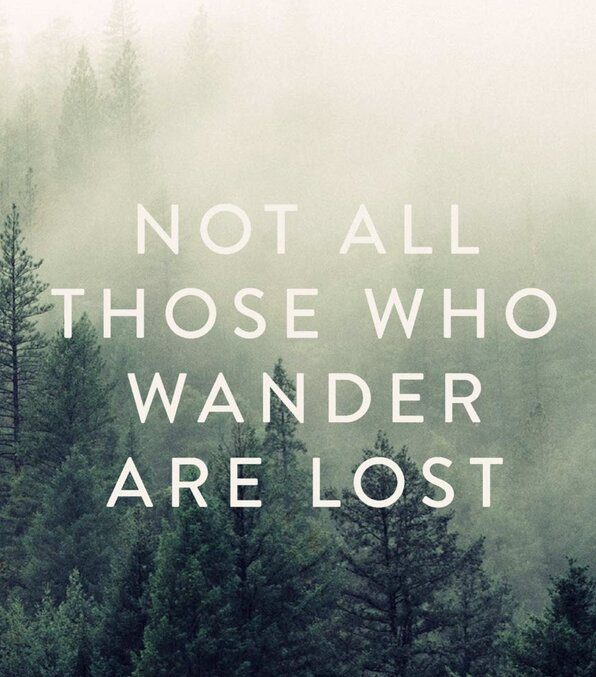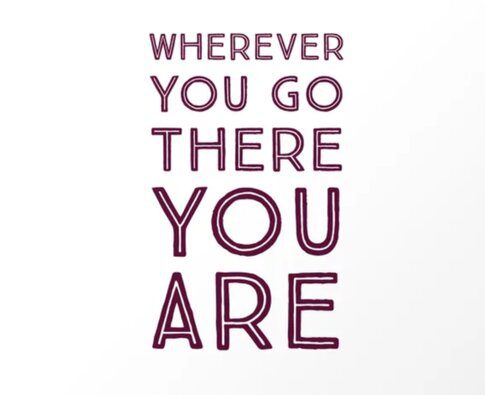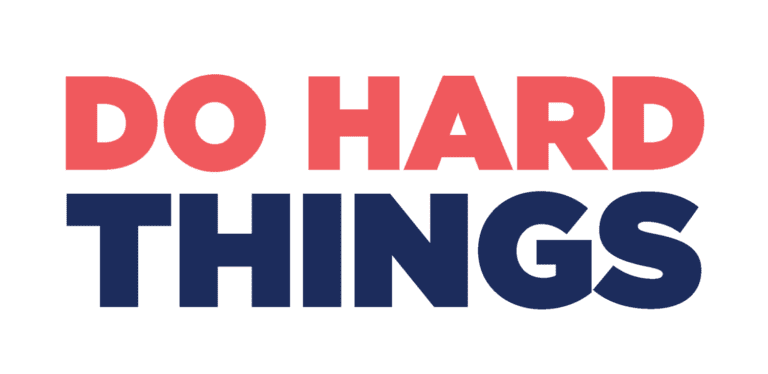Arnold Schwarzenegger has constantly re-invented himself from being the world’s greatest bodybuilder, and highest-paid movie star and later becoming the thirty-eighth governor of California (the world’s sixth-largest economy.). Growing up in Austria, his father constantly encouraged him to be useful. In Be Useful: Seven Tools for Life, Arnold shares seven life principles that have helped him become one of the most recognizable faces in the world and the secret to his extraordinary achievement.
vision (n.)
c. 1300, “something seen in the imagination or the supernatural,” from Anglo-French visioun, Old French vision “presence, sight; view, look, appearance; dream, supernatural sight” (12c.), from Latin visionem (nominative visio) “act of seeing, sight, thing seen,” noun of action from past participle stem of videre “to see,” from PIE root *weid- “to see.” 1
American author and disability rights advocate Hellen Keller was once asked what was worse than being blind, and she replied: “The only thing worse than being blind is having sight but no vision”. Keller lost her sight and hearing after a series of illnesses when she was 19 months old. She did not let those physical challenges hinder her purpose in life, and by the end of her life, she was named among Time magazine’s 100 Most Important People of the 20th Century due to her accomplishments.
“The only thing worse than being blind is having sight but no vision”.
Crafting a vision for your life is one of the most important things you can do for yourself. As the boxing analogy goes, “You cannot hit a target you cannot see.” You cannot take people farther than you have gone; success is an inside job. If you cannot see it, it will be hard to conceive it or even achieve it. As author Napoleon Hill noted in his classic book, As a Man Thinketh, “Whatever Your Mind Can Conceive and Believe, It Can Achieve.” You need a clear vision of where you are going, as it will be your guiding light during the inevitable dark days ahead. On your path to achieving your goals and aspirations, whatever would go wrong would eventually go wrong but with a strong why and a definite purpose, you would overcome all obstacles.
It is better to be safe than sorry means it is better to make good choices in order to get great results than to make bad choices which leads to bad results. As author Jim Rohn often said, “Success is a few good habits repeated every day, Failure is a few bad decisions repeated every day.” According to Abraham Maslow’s hierarchy of needs, safety is one of the needs we long for the most as it is very important in living a stable life. Our safety needs include personal, health, emotional, psychological, and financial safety. Once these needs have been met we can then move to higher needs. When one feels safe in an environment there is harmony but if safety is not guaranteed, humans naturally seek that safety in another clime.
It is better to stand alone than be surrounded by frenemies, draining friends, a nagging spouse, or sticking around with toxic family members because they are all we have always known. People pleasing and living your life based on optics/what would people say could get you in danger and in unsafe territories. At the core of most of our relationship issues and emotional heartache is the inability to set healthy boundaries. American poet Robert Frost once quipped “Good fences make good neighbors”. Your safety should always be your priority in any circumstance, whether it is dealing with a friend, frenemy, boss, or spouse.
As it is often said in sports: “A good defense is a great offense” and “Defence wins Championships”.
In 2001, Chairman of Berkshire and CEO Hathaway Warren Buffet delivered a lecture + Q&A at the Terry College of Business at the University of Georgia. He advised the students on making the right career choices and the qualities they would need to become successful in life.
Warren Buffet’s lecture + Q&A Full Transcript at the Terry College of Business at the University of Georgia.
Trusting yourself is one of the skills needed to become a better version of yourself. The greats get rewarded in public for what they diligently practiced in private. To perform optimally in public, you need to trust your training, process and yourself, which requires trusting that you are enough. You don’t need more schooling, more money, more connection, more followers; what you need is to continuously show up daily by doing the hard work required to be successful. Success and Failure are similar in the sense that they are both a result of making the right choice (success) or wrong choices (failure) over a long sustained period of time.
Trust is built in very small moments.
The Anatomy of Trust 1
In her 2015 Oprah’s Super Soul Conversations session, Social Scientist and Author Brené Brown spoke about the anatomy of trust. In her talk, she shared a conversation she had with her third-grade daughter about her struggle with a betrayal of trust. She said:
One day, my daughter, Ellen, came home from school. She was in third grade. And the minute we closed the front door, she literally just started sobbing and slid down the door until she was just kind of a heap of crying on the floor. And of course I was … It scared me, and I said, “What’s wrong Ellen? What happened? What happened?”
And she pulled herself together enough to say, “Something really hard happened to me today at school, and I shared it with a couple of my friends during recess. And by the time we got back into the classroom, everyone in my class knew what had happened, and they were laughing and pointing at me and calling me names.” And it was so bad, and the kids were being so disruptive, that her teacher even had to take marbles out of this marble jar.
Trust is built in very small moments. And when we started looking at examples of when people talked about trust in the research, they said things like, “Yeah, I really trust my boss. She even asked me how my mom’s chemotherapy was going.” “I trust my neighbor because if something’s going on with my kid, it doesn’t matter what she’s doing, she’ll come over and help me figure it out.” You know, one of the number one things emerged around trust and small things? People who attend funerals. “This is someone who showed up at my sister’s funeral.”
Trust is choosing to make something important to you vulnerable to the actions of someone else. Distrust is what I have shared with you that is important to me is not safe with you. – Charles Feldman
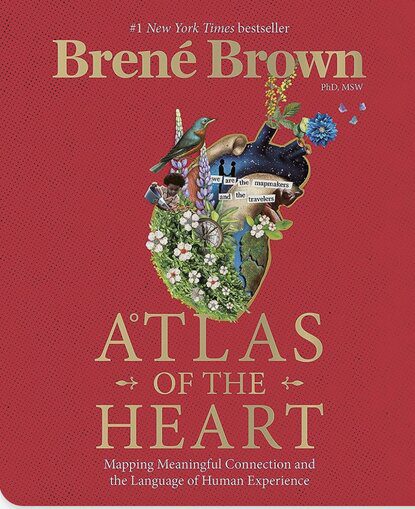
Self-trust 2 is normally the first casualty of failure or mistakes. We stop trusting ourselves when we hurt others, get hurt, feel shame, or question our worth. Use the BRAVING tool to think about self-trust:
- B—Did I respect my own boundaries? Was I clear about what’s okay and what’s not okay?
- R—Was I reliable? Did I do what I said I was going to do?
- A—Did I hold myself accountable?
- V—Did I respect the vault and share appropriately?
- I—Did I act from my integrity?
- N—Did I ask for what I needed? Was I nonjudgmental about needing help?
- G—Was I generous toward myself?
We stop trusting ourselves when we hurt others, get hurt, feel shame, or question our worth.
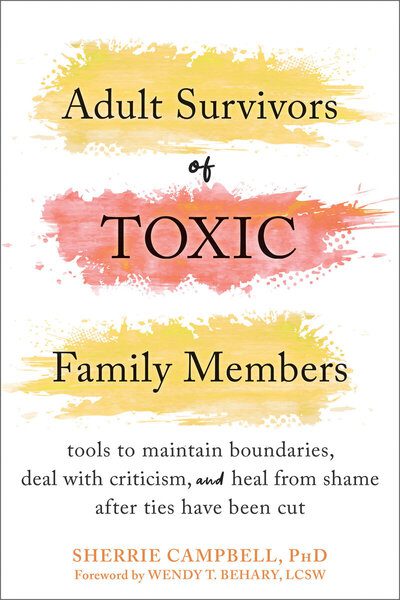
The habit of not trusting 3 yourself has been programmed into you from a young age. This lack of self-trust has made it incredibly challenging for you, as a survivor, to take the necessary steps to protect yourself. This same lack of trust can seem like a slow bleed as you continually wonder whether you have made the right decision, or when you feel unfairly judged and criticized by a society who cannot fathom anyone needing to decide to sever ties with their family. Because you were raised to be and feel insecure, it’s no surprise that you question whether you are too sensitive or too harsh with your boundaries.
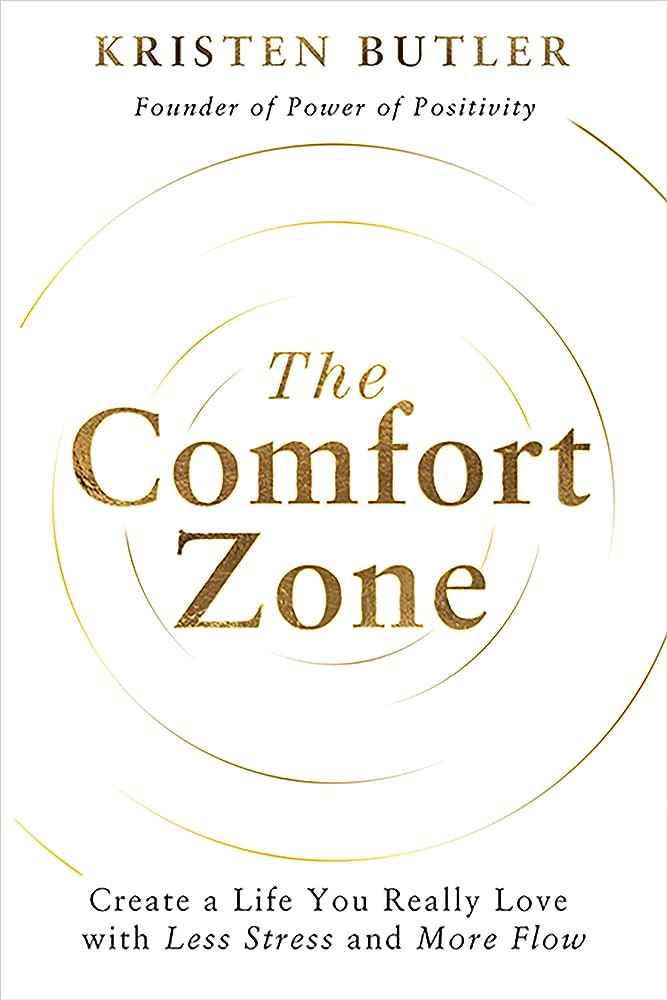
Your self-esteem 4 is closely tied to the level of confidence you feel in your own abilities, your credibility, and your values. It plays an important role in how you think others view you. When you have damaged self-esteem, it’s common for you to think that others dislike or even hate you. You are prone to feelings of self-doubt, self-criticism, judgment, shame, and loneliness.
Studies show that the lower your self-esteem, the harder it is for you to connect and the lonelier you feel. Studies also show that self-esteem and trust are closely related. In a 1974 study in the Journal of Personality and Social Psychology, researchers Craig W. Ellison and Ira J. Firestone reported that our ability and willingness to trust ourselves and others is affected by our level of self-esteem. We must trust ourselves before we can trust others, and we must accept ourselves before we can ask others to accept us.
The trouble is, if your self-esteem is compromised, so is your ability to trust. And when self-trust is compromised, you start to doubt your instincts, your ideas, your preferences, and your actions. Because the way you show up in the world reflects your relationship with yourself, when self-trust breaks down, so does your trust in those around you. As a result, the world and its many people and circumstances become random, hostile, and unreliable.
When self-trust is compromised, you start to doubt your instincts, your ideas, your preferences, and your actions.
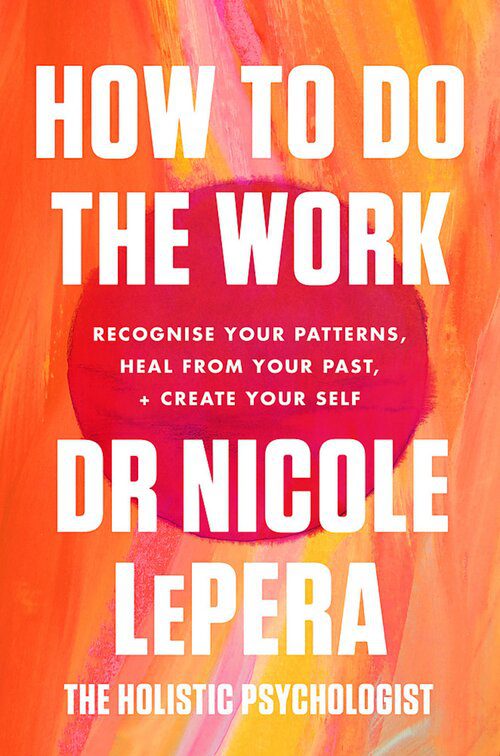
When life becomes stressful, or after we have had a moment of stress-induced reactivity, it can be helpful to touch base with the events that impacted our experiences. Some questions that can help us get a firm hold on our reactivity before we are taken over by it include:
- What can I learn about myself from what happened?
- What patterns brought me here?
- How can I embrace discomfort and grow from it?
- How can I learn how to accept criticism without making it absolute truth?
- How can I forgive myself and others?
When we have self-trust, we know that the path is still there waiting for us. This is the essence of self-accountability that leads to empowerment.
The more we learn self-accountability, the stronger our faith in our Self will grow. This allows for failure. It allows for flexibility and forgiveness when we inevitably fall off the path. When we have self-trust 5, we know that the path is still there waiting for us. This is the essence of self-accountability that leads to empowerment.
Emotional maturity is not a goal to check off a list, like reaching the next level in a video game (now you’re a fully realized human, you win!). It’s not a magical state. The underlying message is not one of a state of enlightened beingness—it’s one of work and self-forgiveness that will ultimately lead us to a greater togetherness.
Meditation
- Daily Calm with Tamara Levitt – Tolerance
- Mindfulness encourages us to challenge our judgments and to view unpleasant experiences as an opportunity to grow our tolerance muscles. In such situations, rather than let irritation mount; we can tap into a sense of steadiness, patience, and compassion.
- When we shift away from judgment, we can treat a buzzing phone as we would the sound of a car passing by; it is just a sound that arises and then subsides.
Use every distraction as an object of meditation and they cease to be distractions. – Mingyur Rinpoche.
Daily Jay with Jay Shetty – The Spotlight Effect
- We spend a lot of energy worrying about the perception of others but yet more often than not, people don’t pay us nearly as much attention as we think. We are convinced that others are paying attention to every little detail of our behaviour.
- We feel like we are under a spotlight, but in reality, even if people do notice us, they rarely judge us. Ego makes us think that because we are the center of our world, we are also the center of everyone else’s world.
- Instead, We spend our energy trying to act, pretend and perform in ways that we hope will appeal to others. It is exhausting, and it prevents us from being authentic. The one who notices most is you, and that is the person that you have to please.
Podcast
- When Life Gets Hard: 12 Stoic Lessons To Change Your Life Before 2024 | Cal Newport
All the Best in your quest to get Better. Don’t Settle: Live with Passion.
It will be a dog fight, relentless pursuit of your goals, dealing with doubters, consistent practice, grit, brutal focus and perseverance. The greatest battle we have to fight is the battle over self; starving your distractions would require a lot of self-discipline and single-mindedness of purpose. The champions and greats we admire have something in common: they put in a lot of hard work in their craft through sessions, laps, routines, habits, and consistency. Chinese military general, strategist and writer Sun Tzu noted in his book The Art of War:
“If you know the enemy and know yourself, you need not fear the result of a hundred battles. If you know yourself but not the enemy, for every victory gained you will also suffer a defeat. If you know neither the enemy nor yourself, you will succumb in every battle.”
Getting to the top is going to require a lot of sacrifice, doing the work, especially when most people are not paying attention. In our social media impatient world, working on yourself for a long time before you take your craft to the next level is becoming more challenging by the day. We focus on networking instead of doing the work on ourselves and want to be an influencer instead of influencing ourselves first. Your resolve to get things done, no matter what you are dealing with, will determine how far you go in life. As motivational speaker Les Brown often said,” Life is a fight for territory, and once you stop fighting for what you want, what you don’t want will automatically take over.“
You are for a reason; until you discover your purpose here on earth, you will remain unfulfilled. The number one work you have is to figure out your goal here, and when you find it out, use that gift to serve humanity and make the world a better place. Late Apple CEO Steve Jobs once observed:
“Life can be so much broader, once you discover one simple fact, and that is that everything around you that you call ‘life’ was made up by people who were no smarter than you. And you can change it, you can influence it, you can build your own things that other people can use.”
Your life changes the moment you realize that no one is coming to your rescue and that you can change the course of your life by making good decisions over a long period. Success is never an accident; it is a result of good choices and habits over a long period, and Failure is not usually a coincidence; it is a result of bad decisions and practices sustained over a long period. We get rewarded in public for what we repeatedly practice in the dark. You might think no one is watching you, but people are lurking around, waiting for the crowd to validate your work, and they jump on the trend.
Cultivate good habits to achieve the success of your decision. If you want a healthy body, eat great food and have a consistent movement routine. Control your urges and regulate your addictions, such as phone and internet addiction. If you want a different result in your life, you must make some bold decisions. If you work hard, what is hard will work but if you take shortcut, you will be cut short.
Meditation
- Daily Calm with Tamara Levitt – Gezellig
- In our fast-paced world, we want to be active and productive, but to achieve productivity, balance and fulfilment; we need to break from the stress of modern life. Chronic Stress can lead to a whole lot of serious health conditions.
- Make time for activities that are fun, relaxing and nurturing. The Dutch word “Gezellig” describes places and experiences that are pleasurable & comforting. Gezellig means cozy, quaint, or nice.
Daily Jay with Jay Shetty – Self-Distancing
- If you are struggling with a decision, try playing with your proximity to the problem. A little distance may be all that is needed to make the picture clear.
Podcast
- Mastering Money to Thrive in a Recession | The School of Greatness
All the best in your quest to get better. Don’t Settle: Live with Passion.
Life will happen to us all at some point, whether getting fired, having our hearts broken, being betrayed by trusted family and friends, dealing with a toxic relationship or being frustrated with a situation, among other challenges we all face. Whatever would go wrong would eventually go wrong at the least expected time. It is not a matter of how things will go; it is a matter of when. We cannot control the weather, but we can control how we go into any weather. As the Scandinavians would say, “There is nothing like bad weather; what we have is bad clothing.” The challenge for most of us is that we constantly try to control everything in our lives. Instead of changing ourselves, we try to change others; instead of wearing appropriate clothing, we complain about the weather; instead of getting better, we get bitter. Instead of looking into the mirror, we look outside the window by blaming others.
“There is nothing like bad weather; what we have is bad clothing.” – Scandinavian Proverb
In The Value of Debt in Building Wealth, bestselling author Thomas J. Anderson writes about strategically using debt to build wealth in the long run. Anderson notes that Debt is a powerful tool that corporate financial officers have understood since capitalism was born. Savvy use of debt provides liquidity and flexibility, allowing smart companies to jump on opportunities and ride out emergencies.
Debt is neither good nor bad. It is simply a magnifier. If you choose investments that deliver higher returns than the after-tax cost of your debt, then debt adds value. If you choose investments that return less than the after-tax cost of your debt, then debt destroys value.
“The single biggest determining factor in your rate of return and in being on track for retirement is your debt, debt structure, and the choices you make with respect to debt. Do not underestimate the power of building up assets early and paying down debt later.”
I am an empath to the core, and I tend to see people as who they can become and not what they are presently. One of the challenges of seeing the best in people all the time is that, at some point, they begin to take it for granted, misuse the privilege or not understand my motive. One of my core personal philosophies is to give what I want. When I want money, I give it out; when I need encouragement, I inspire others; and when I want strength, I stay to give others strength. One of the hardest things to do in life is to try to change people. Leadership author John C. Maxwell observed that there are three catalysts for change: People change when they hurt enough that they have to change. People change when they learn enough that they want to change. People change when they receive enough that they are able to change.
People change when they hurt enough that they have to change. People change when they learn enough that they want to change. People change when they receive enough that they are able to change. – John C. Maxwell
American country music singer Lee Ann Womack’s song “I Hope You Dance” is one of my favourite songs for uplifting myself during trying times. Womack sings, “I hope you never lose your sense of wonder.” I love the song’s uplifting message of faith and not forgetting to live with wonder. She reminds us to dance and wander, especially in a world constantly trying to make us live an unexamined script. As children, we live every moment with joy, curiosity, and wonder. However, with time, we get domesticated, indoctrinated, programmed, and imprinted with the societal script of what it means to grow up.
Cowardice asks the question, is it safe? Expediency ask the question, is it politic? Vanity asks the question, is it popular? But conscience ask the question, is it right? And there comes a time when we must take a position that is neither safe, nor politic, nor popular, but one must take it because it is right.
The leaders we respect the most are those who stood for something and were able to stand for their convictions even though the general consensus was against them. They were willing to die for what they stood for and they ultimately paid for their courage to stand for their conviction sometimes with their life. Nelson Mandela was imprisoned for 27 years for his values, Muhammed Alli refused to be drafted into the military owing to his religious beliefs and ethical opposition to the Vietnam War in turn not fighting for four years and not performing at the height of his career, Rosa Park’s civil disobedience to resist bus segregation sparked the Montgomery bus boycott, President Abraham Lincoln preserved the American union through the civil war and abolished slavery, and Martin Luther King Jnr. had a dream but ultimately paid with his life.
“To be nobody but yourself in a world which is doing its best day and night to make you like everybody else means to fight the hardest battle which any human being can fight and never stop fighting.” ― E.E. Cummings
Most of us often suffer from destination disease; we believe changing our environment, status, position, or relationship would significantly change our lives. Although that is possible, it is not a given. If you move to a new city but don’t have an open mind and explore the opportunities in the new city, you will still be who you have always been because wherever you go, there you are. The new city would not magically change you without you deliberately changing. Nothing moves until you move; leadership is an inside-out job.
We all have a choice: get better or bitter, get the lesson or let the situation lessen you, get the message or stay stuck with the mess. It is not what happens to you; what matters is what you do with it; Turn your pain into gain, look in the mirror, not focus on the window, work on yourself and stop comparing yourself with others. Change happens from within not from the outside, you make up your mind how well any situation turns out by the story you tell yourself.
In his classic book, As a man thinketh, author Jame Allen asserted “A man only begins to be a man when he ceases to whine and revile, and commences to search for the hidden justice which regulates his life. And he adapts his mind to that regulating factor, he ceases to accuse others as the cause of his condition, and builds himself up in strong and noble thoughts; ceases to kick against circumstances, but begins to use them as aids to his more rapid progress, and as a means of the hidden powers and possibilities within himself.”
“The outer conditions of a person’s life will always be found to be harmoniously related to his inner state…Men do not attract that which they want, but that which they are.”― James Allen, As a Man Thinketh
“To be yourself in a world that is constantly trying to make you something else is the greatest accomplishment.”― Ralph Waldo Emerson
If no one has reminded you of late, You are a king, queen, and royalty; you exemplify excellence and exude greatness. We all started life tabula rasa as a blank slate without any inbuilt mental construct, indoctrination, programming, imprinting and domestication. While growing up, we had wild dreams about what we could become and aspire to be. We answered the question, ” What do you want to be when you grow up? With much zeal, with answers ranging from pilot, engineer, doctor, astronaut, architect, etc. We answered the question based on what we saw around us, our family and friends’ job positions, media, religion, and counselling sessions.
I deactivated all my social accounts in February 2018, and it is by far one of the most challenging and exciting decisions I have ever made. I have a love-hate relationship with social media networks; they are one of the best innovations of the past 20+ years and one of the most incredible time-wasters of our time. Before deciding to leave social media, I dug deep into the literature on what social media does to us through overstimulation, self-comparison and inability to focus on what matters. I was influenced by authors like Cal Newport, Jaron Lanier, Adam Atler, and Nir Eyal.
Ralph Waldo Emerson once said, “What you do speaks so loudly I cannot hear what you are saying.” The more I interact with people, the more I agree with the word of Emerson, and I have concluded that Love is Behaviour. Your behaviour is more important than what you say, as actions speak louder than words. You can call yourself a friend, but that would be determined during the trying times; you can say you are family, but we shall know the depth of your support during the trying times. One of the unintended consequences of grief is that it mostly re-orders your address book as people would show you their true character and colour.
